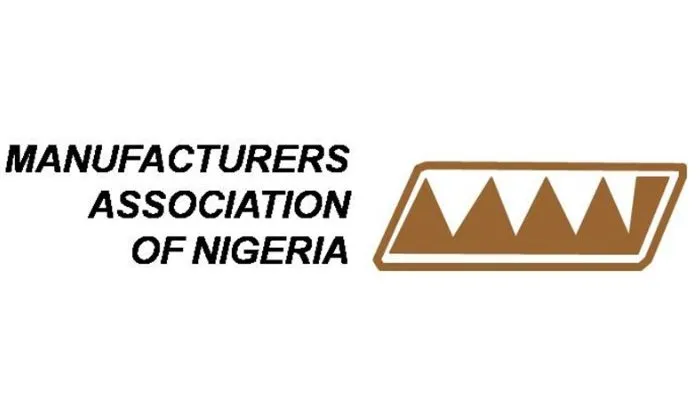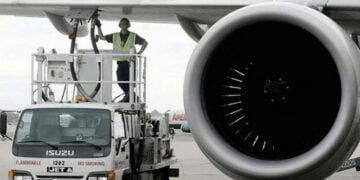The Manufacturers Association of Nigeria (MAN) has called for structural industrial reforms, prioritising manufacturing in policy, financing, and infrastructure development to drive inclusive growth and build a resilient economy amid Gross Domestic Product (GDP) growth.
The rebased GDP estimate shows an 18.3 per cent year-on-year increase, with the economy valued at $243 billion. However, MAN noted that despite the upward revision, real GDP growth remains weak, averaging just 1.95 per cent between 2020 and 2024.
The director-general, MAN, Segun Ajayi-Kadir said that “the rebasing of Nigeria’s Gross Domestic Product (GDP) is a critical statistical upgrade that enhances the accuracy of national accounts and reflects structural changes in the economy. The revised nominal GDP estimate, showing an 18.3 per cent year-on-year increase, is a direct outcome of improved data capture, especially in agriculture, services, and informal sector activities.
“Notwithstanding, MAN strongly cautions against interpreting this nominal expansion as evidence of significant economic progress. This notwithstanding, and despite the upward revision, real GDP growth remains weak, averaging just 1.95 per cent between 2020 and 2024. This sluggish real growth shows the underlying fragility of Nigeria’s productive base and the capacity of the economy to deliver sustainable and inclusive development.”
He pointed out that “it is important for us to express our concern over the declining role of the industrial sector, a trend that the rebased figures made unmistakably clear. Industry’s share of GDP fell from 27.65 per cent in the 2010 base year to 21.08 per cent under the 2019 rebased structure, marking a structural shift away from production toward low-productivity service activities.
“While the rebasing exercise reveals a more diversified economy, it also exposes the underperformance of industry, particularly manufacturing, a sector which should be the backbone of Nigeria’s economic transformation.”
Ajayi-Kadir disclosed that manufacturing is structurally weak, with sub-sectors that should be growth drivers performing below potential, as indicated in the report, saying that based on the figure released, the average annual growth rate of the manufacturing sector between 2019 and 2024 is negative 0.76 per cent.
He explained that this means Nigeria’s manufacturing sector has been shrinking in real terms over the last five years. The rebasing confirms that Nigeria’s economy may be statistically larger, but it is not more productive or industrialised.
MAN DG called on the government to treat the rebased GDP not as a celebration of growth, but as a strident call for structural industrial reforms, adding that “Nigeria must re-industrialise to achieve inclusive growth, build export capacity, and reduce dependence on primary commodities and informal activities.
“We urge the government to prioritise manufacturing in policy, financing, and infrastructure development, because without a strong industrial base, GDP expansion may just become a hollow statistic.”





